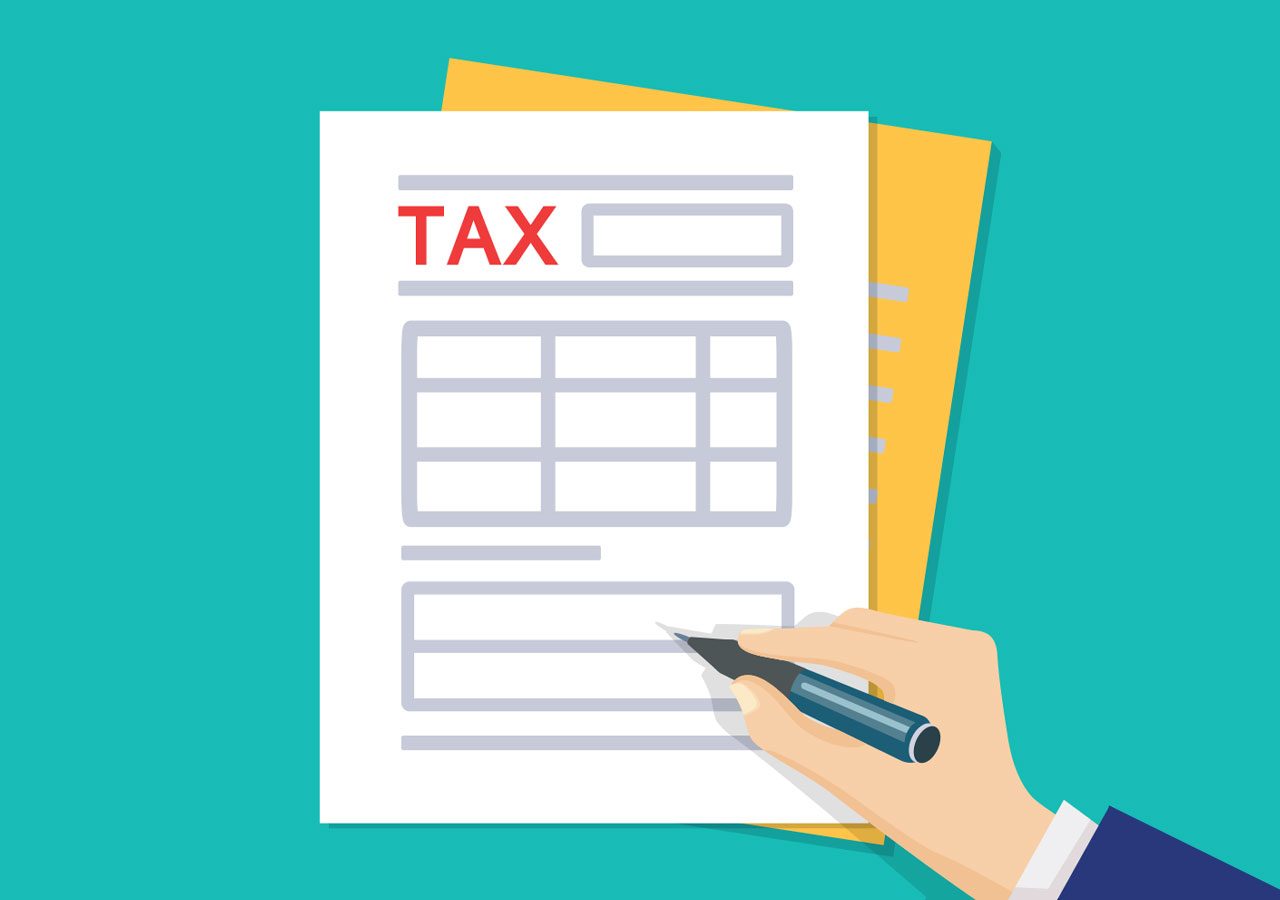SUMMARY
This is AI generated summarization, which may have errors. For context, always refer to the full article.

MANILA, Philippines– Paying taxes is often burdensome for both individuals and businesses, mainly because of complicated forms to fill out, long lines, and confusing provisions.
But under Republic Act No. 11976 recently signed by President Ferdinand Marcos Jr., aptly called the Ease of Paying Taxes Act, processes are expected to be streamlined in a bid to encourage people to pay up and increase government revenues.
Here are some of the salient features:
Going digital
Filing of returns and payment of internal revenue taxes will also be made easier through electronic or manual means such as banks or software providers.
This means that even though the taxpayer is not in the Philippines, they can still pay through electronic means. The new law also ensures the availability of registration facilities to non-Philippine resident taxpayers. This provision may also benefit non-residents who are interested to invest in the country.
The option to pay internal revenue taxes to the city or municipal treasurer with jurisdiction over the taxpayer was removed to encourage the shift to electronic payment channels.
The number of income tax return pages will be reduced from four to two pages only.
The Bureau of Internal Revenue (BIR) is tasked to assist taxpayers by streamlining tax processes, reducing documentary requirements, and digitalizing its services.
A new classification system
Taxpayers will be classified as micro, small, medium, or large, based on the taxpayer’s gross sales.
- Micro- less than P3 million
- Small- P3 million to less than P20 million
- Medium- P20 million to P1 billion
- Large- P1 billion and above
Each classification will have its own tax system that is “responsive and specific to each segment’s needs.”
Uniform documentation
The law also sets a uniform documentation for value added tax (VAT) purposes. A VAT invoice will be the sole proof needed for both sale of goods and services.
This move eliminates the need for a reconciliation on sales of services per VAT and income tax purposes.
For long term contracts, the invoice will be issued during the month in which the sale or service has been rendered or supplied.
The mandatory issuance of receipts for each sale and transfer of goods and services is increased from P100 to P500.
VAT refund
The VAT refunds will be classified into low, medium, and high-risk claims.
The classification will be made according to the amount of VAT refund claim, tax compliance history, and frequency of filing of VAT refund claims.
An invoice system will be implemented to accelerate VAT refunds.
The law also provides a 180-day period for the BIR to process general refund claims on erroneous or illegally collected taxes.
Veto
Marcos, however, vetoed the provision which was supposed to exempt micro taxpayers from withholding creditable income tax, as it could impact the government’s cash flows.
The Department of Finance noted that creditable withholding taxes serve as advance payment of tax obligations and an audit trail for compliance.
“We have to strike a balance between providing relief to taxpayers, on the one hand, and maintaining administrative efficiency through the integrity of our tax collection and monitoring mechanisms, on the other,” Marcos said. – Rappler.com
Add a comment
How does this make you feel?
![[Ask the Tax Whiz] What is an annual tax review?](https://www.rappler.com/tachyon/2023/09/receipts-pilesep-21-2023.jpg?fit=449%2C449)



![[Ask the Tax Whiz] Withholding tax under Ease of Paying Taxes law](https://www.rappler.com/tachyon/2022/11/tax-papers-shutterstock.jpg?resize=257%2C257&crop=205px%2C0px%2C900px%2C900px)

There are no comments yet. Add your comment to start the conversation.